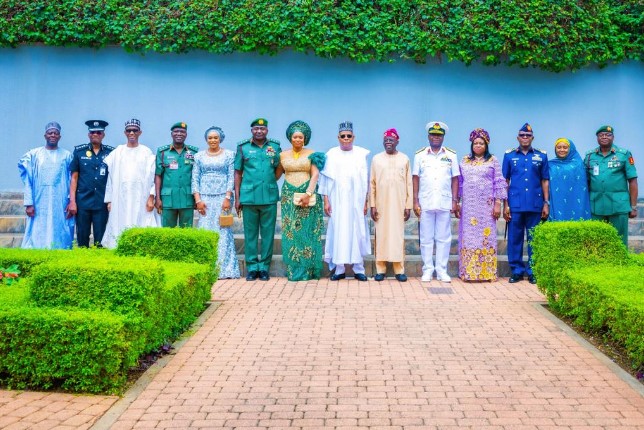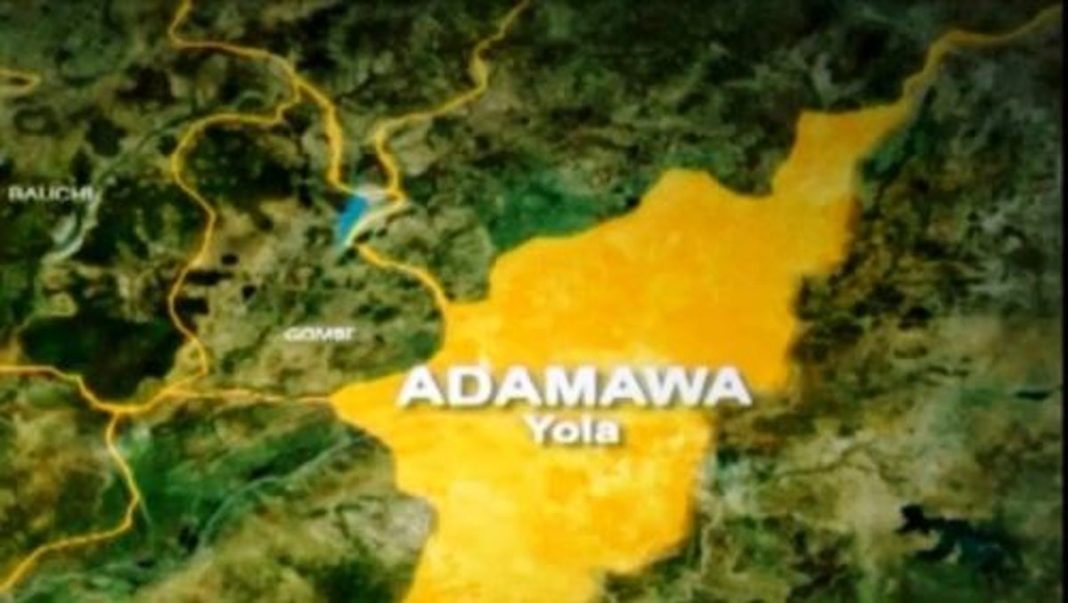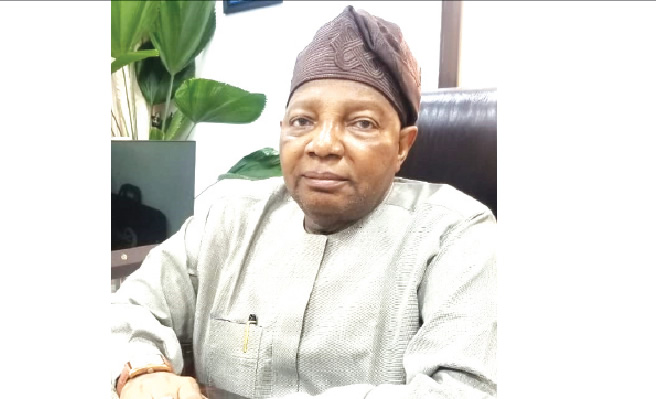By Daniel Edu
The Defence Headquarters (DHQ) has begun preparations, following directives from the Economic Community of West African States (ECOWAS), for assembling troops and equipment in anticipation of a possible conflict with the junta in Niger Republic, according to information obtained by Sunday PUNCH.
However, the ECOWAS Parliament is experiencing a split in opinions regarding the use of military force to remove the junta, which took control on July 26 by ousting President Mohamed Bazoum, and reinstate the former president.
Sources have revealed that the Nigerian military leadership has instructed the service chiefs to gather information on the necessary war resources, including personnel, equipment, logistics, and financial estimates, which will be submitted to the Chief of Defence Staff. This marks the initial phase in the process of amassing the human and material assets needed for the potential military intervention in Niger.
Leaked documents suggest that about two battalions might be necessary to carry out the operation against the junta in Niger Republic. A battalion typically comprises 300 to 1,000 soldiers commanded by a lieutenant colonel, with several companies under its structure.
An undisclosed military source has mentioned that the number of troops should be significantly larger than that of the enemy. Aside from Nigeria, other ECOWAS member countries such as Senegal, Benin, and Ivory Coast are expected to contribute troops to the standby force.
In response to the situation, ECOWAS has activated its standby force for potential military action against the Niger Republic junta. The decision was made during an extraordinary summit of the ECOWAS Authority of Heads of States and Government, led by President Bola Tinubu, and attended by high-level representatives from the United Nations, African Union, and other regional bodies.
The junta, headed by General Abdourahmane Tchiani, has so far resisted diplomatic efforts to restore President Bazoum and faced various sanctions imposed by ECOWAS. Despite these pressures, the junta remains defiant.
While preparations for the military intervention are underway, there is division within the ECOWAS Parliament on the best approach to handle the Niger coup crisis. Some parliamentarians support a diplomatic resolution, emphasizing the negative impact of military action on civilians, while others advocate for decisive measures to address the increasing trend of military overthrows in the region.
Amid these developments, concerns have risen regarding the potential impact of the military operation in Niger on Nigeria’s ongoing domestic security challenges. Brig. Gen. Tukur Gusau, Director of Defence Information, has assured that the military intervention in Niger will not compromise Nigeria’s efforts to address internal security issues.
Furthermore, legal experts have weighed in on the matter, with some highlighting the need for proper constitutional processes and approval from the National Assembly before deploying Nigerian troops to another country. Others caution against initiating a military conflict in the midst of Nigeria’s internal security struggles.





